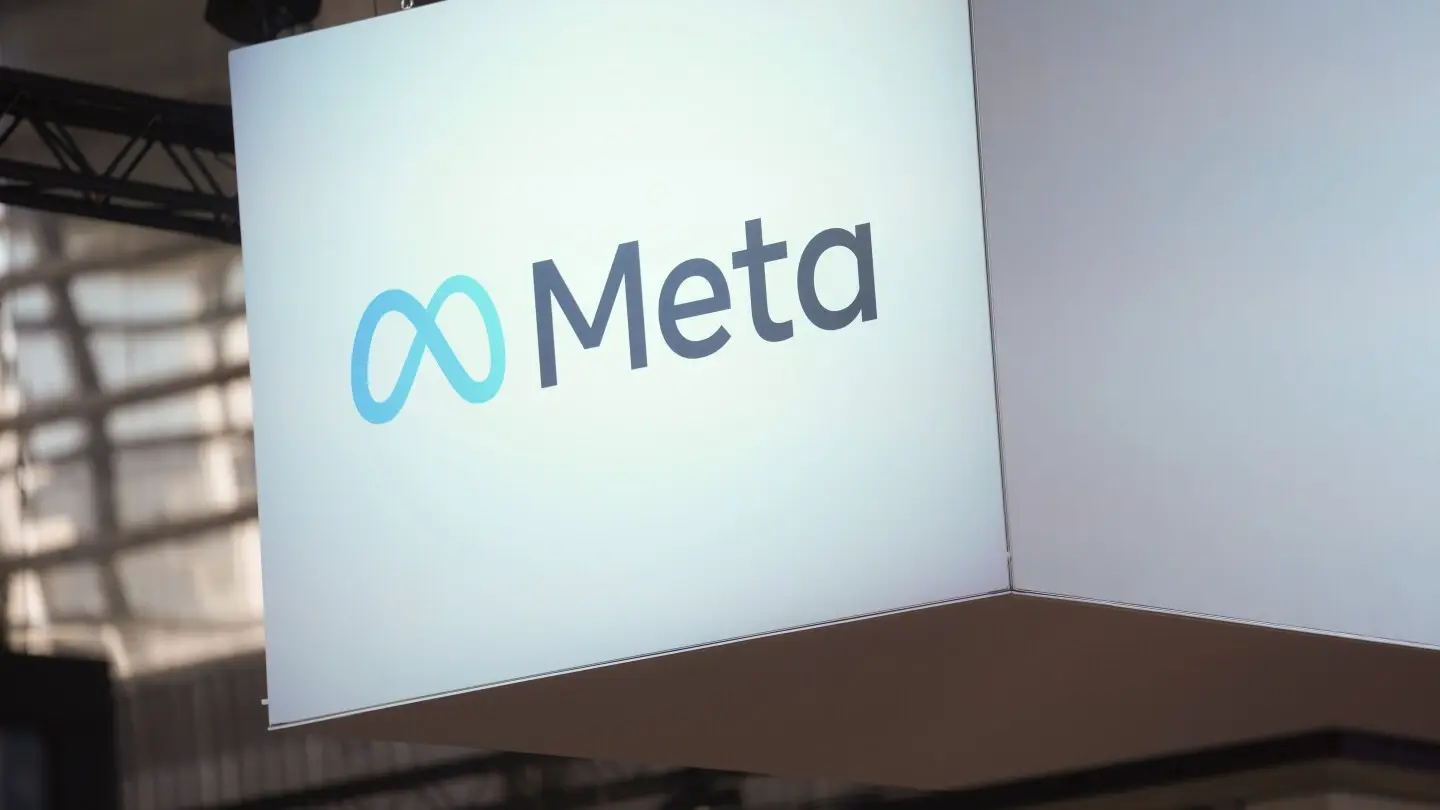MENLO PARK, Calif. (AP) — The parent company of Instagram and Facebook has sued the Federal Trade Commission in an attempt to stop the agency from reopening a 2020 privacy settlement with the company that would prohibit it from profiting from data it collects on users under 18.
In a lawsuit filed late Wednesday in federal court in Washington, D.C., Meta Platforms Inc. said it is challenging “the structurally unconstitutional authority exercised by the FTC” in reopening the privacy agreement.
Wow. That’s certainly a creative take on things.
Yeah we can all see thru them like my cousins underpants
… what
He said “Yeah we can all see thru them like my cousins underpants”
🥁
I want the minutes of my life before seeing that comment back
If they didn’t have the authority, why did you settle with them?
Noticing you failed to abide by the settlement you agreed to isn’t new authority.
The Supreme Court is currently working on cases that are about overturning precident that allows administrative agencies to make policy that strays from the letter of the law. So my guess is Meta lawyers see a chance to say “there is no federal law that prohibits making profit off children, so this administrative rule is unconstitutional”. Something like that (I am not a lawyer).
🤖 I’m a bot that provides automatic summaries for articles:
Click here to see the summary
MENLO PARK, Calif. (AP) — The parent company of Instagram and Facebook has sued the Federal Trade Commission in an attempt to stop the agency from reopening a 2020 privacy settlement with the company that would prohibit it from profiting from data it collects on users under 18.
In a lawsuit filed late Wednesday in federal court in Washington, D.C., Meta Platforms Inc. said it is challenging “the structurally unconstitutional authority exercised by the FTC” in reopening the privacy agreement.
The dispute stems from a 2020 consent agreement Meta made with the FTC that also had the social media giant pay a record $5 billion fine over privacy violations.
Meta’s complaint came after the U.S. Supreme Court’s conservative majority on Wednesday seemed open to a challenge to how the Securities and Exchange Commission fights fraud in a case that could have far-reaching effects on other regulatory agencies.
A majority of the nine-member court suggested that people accused of fraud by the SEC should have the right to have their cases decided by a jury in federal court, instead of by the SEC’s in-house administrative law judges, echoing elements of Meta’s lawsuit.
“In the face of a potentially massive fine, Meta’s adoption of extreme, right-wing legal theories to challenge our country’s premier consumer protection agency reeks of desperation,” Markey, a Massachusetts Democrat, said in a statement.
Saved 34% of original text.








